The bad news about ISIS's defeat in Ramadi
The contours of a broader sectarian war are coming into focus

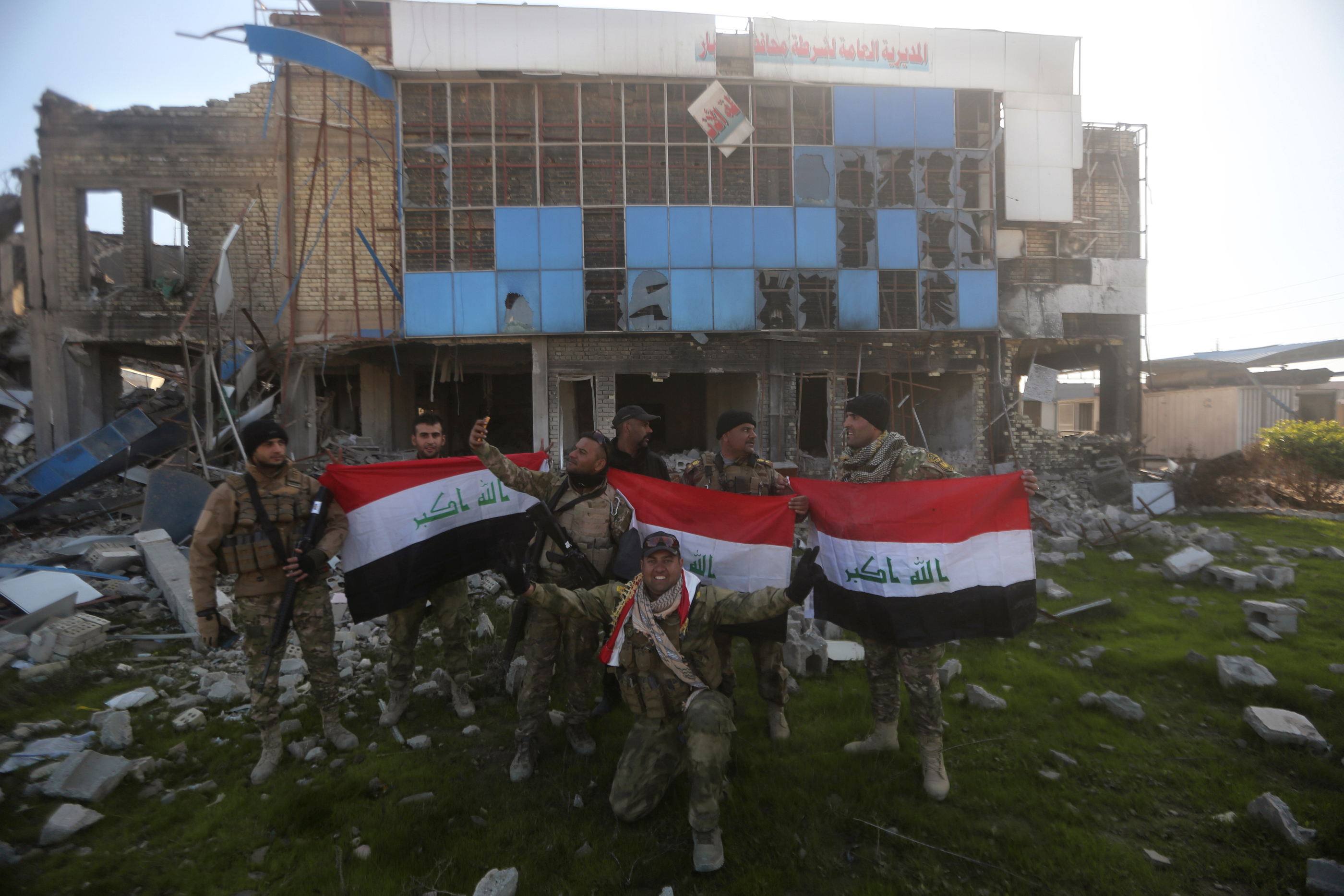
The Iraqi Army announced on Monday that it had reclaimed the Sunni-majority city of Ramadi from the Islamic State. But Iraq and its Western allies had best curb its enthusiasm: Counting the win as a major victory obscures how bad Iraq still has it. While the reduction of Islamic State territory is a delight in the abstract, in this case it comes with a reminder that the ongoing collapse of Iraq has much less to do with ISIS than we'd like to believe.
We can trace the reason why back to Ramadi's fall this May, when approximately 6,000 Iraqi police were bested by 150 Islamic State fighters, according to Kurdish intelligence and statistics shared with former U.S. Central Command advisor Ali Khedery. The jihadi force, which peaked this winter at perhaps 400 militants, managed to drive the Iraqi Army, special forces, and government personnel out of Ramadi.
The obvious question is why, and for close observers of Iraqi politics, the answer is just as obvious. The country's Shia faction has cemented control not only over the Baghdad government but the balance of military power, fusing these two levers together into a single instrument of policy designed to destroy Sunni influence.
The Week
Escape your echo chamber. Get the facts behind the news, plus analysis from multiple perspectives.

Sign up for The Week's Free Newsletters
From our morning news briefing to a weekly Good News Newsletter, get the best of The Week delivered directly to your inbox.
From our morning news briefing to a weekly Good News Newsletter, get the best of The Week delivered directly to your inbox.
Just as the Shia regime has ensured that U.S. arms earmarked for the Kurdish peshmerga arrive as slowly as possible, if at all, it has also done its best to keep Sunni elements of the Iraqi army dispirited, disorganized, and weak. It was a typically beleaguered and sabotaged Sunni force in Ramadi that was chased away — but not before Baghdad added insult to injury, allowing Ramadi to beg for help from controversial Shia militias that have been blamed for atrocities against Sunnis. The U.S., which feared sectarian violence and Iranian opportunism, greenlit the aid, "provided that the militias were under the command of [Iraqi Prime Minister Haider] Abadi, and not Iranian advisers, and that the militias were properly organized to avoid American bombing runs," as The New York Times reported. We all know how that cry for succor turned out: Ramadi fell and stayed down for half a year.
U.S. officials are beginning to leak more dispiriting news. Under Abadi, who already purged his forces of loyalists to the previous Shiite Prime Minister, the Baghdad regime has begun wiping out the Army's Sunni leadership, replacing it with members of the Iran-guided Badr Corps, one of the stronger Shiite militias. "The Iraqi Ministry of Interior has also fired several thousands of other Sunni security forces in the past several weeks while continuing to arrest and 'disappear' thousands of Sunnis," sources told The Hill. Translation? In Iraq, to push ISIS out is to pull sectarian war in.
It's been a nightmare years in the making. Where Shiite militias pop up to reduce the Islamic State, they boot out as many local Sunnis as they can. And in case you didn't see this one coming, reports are now coming through that the Shiite militias are all over the ground in Ramadi, too — securing the alleged victory that supposedly belongs to the U.S.-led Sunni contingent of the Iraqi Army.
What is the Obama administration doing about it? Good question.
A free daily email with the biggest news stories of the day – and the best features from TheWeek.com
Intel and military resources, belatedly trained on the Islamic State problem, can hardly penetrate the carapace of the Shiite forces and their Iranian protectors. Meanwhile, the administration must go on acting as if it wasn't clear from the beginning that Iraq could not field a national army. This was the primary reason to leave U.S. forces in place — a politically untenable fact for the White House, and one that was brushed aside.
So now what? That, unfortunately, poses an even better question. The administration's desperate rush toward anything resembling peace in Syria belies its very real fear that the next Syria is already unfolding right next door.
James Poulos is a contributing editor at National Affairs and the author of The Art of Being Free, out January 17 from St. Martin's Press. He has written on freedom and the politics of the future for publications ranging from The Federalist to Foreign Policy and from Good to Vice. He fronts the band Night Years in Los Angeles, where he lives with his son.
-
 Moon dust has earthly elements thanks to a magnetic bridge
Moon dust has earthly elements thanks to a magnetic bridgeUnder the radar The substances could help supply a lunar base
-
 World’s oldest rock art discovered in Indonesia
World’s oldest rock art discovered in IndonesiaUnder the Radar Ancient handprint on Sulawesi cave wall suggests complexity of thought, challenging long-held belief that human intelligence erupted in Europe
-
 Claude Code: the viral AI coding app making a splash in tech
Claude Code: the viral AI coding app making a splash in techThe Explainer Engineers and noncoders alike are helping the app go viral
-
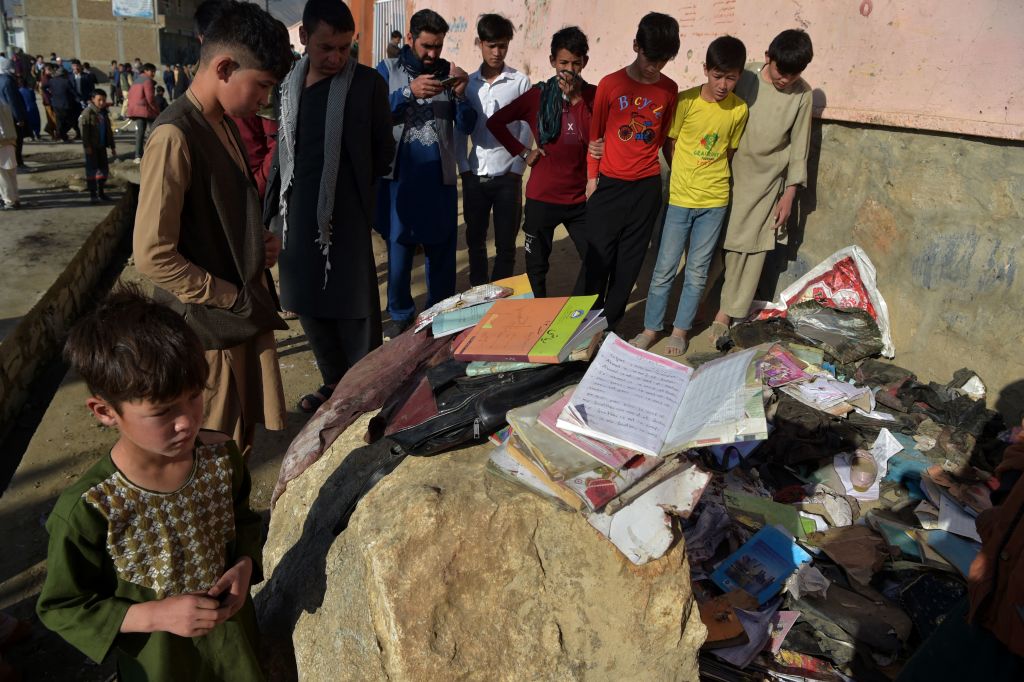 Bombing at girls' school in Kabul kills at least 50, including students
Bombing at girls' school in Kabul kills at least 50, including studentsSpeed Read
-
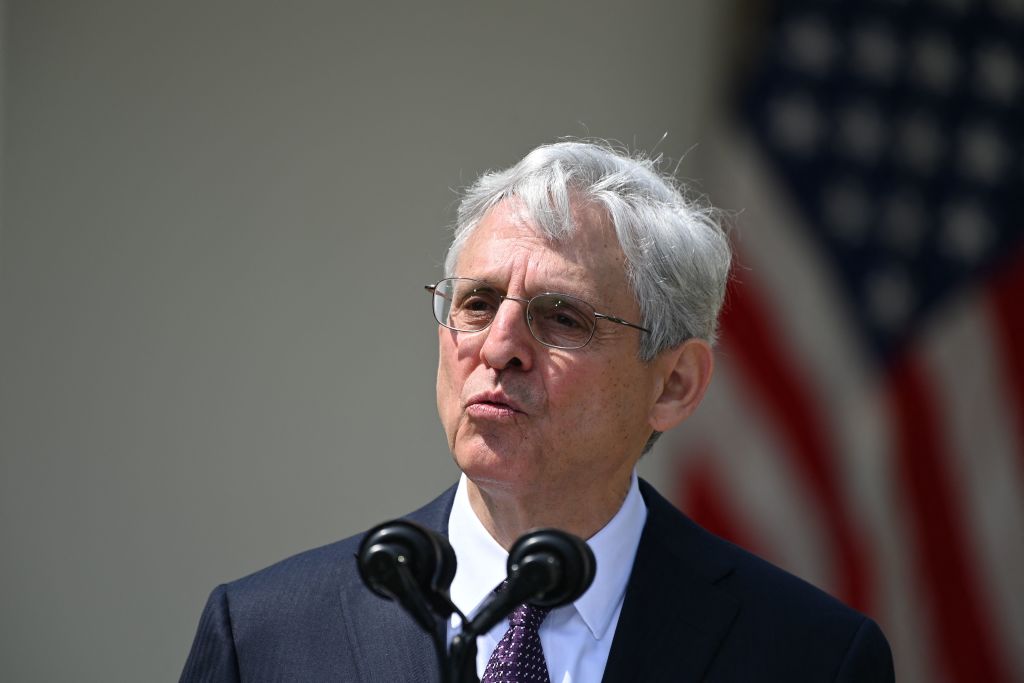 Garland says DOJ is 'pouring its resources' into stopping domestic terrorists 'before they can attack'
Garland says DOJ is 'pouring its resources' into stopping domestic terrorists 'before they can attack'Speed Read
-
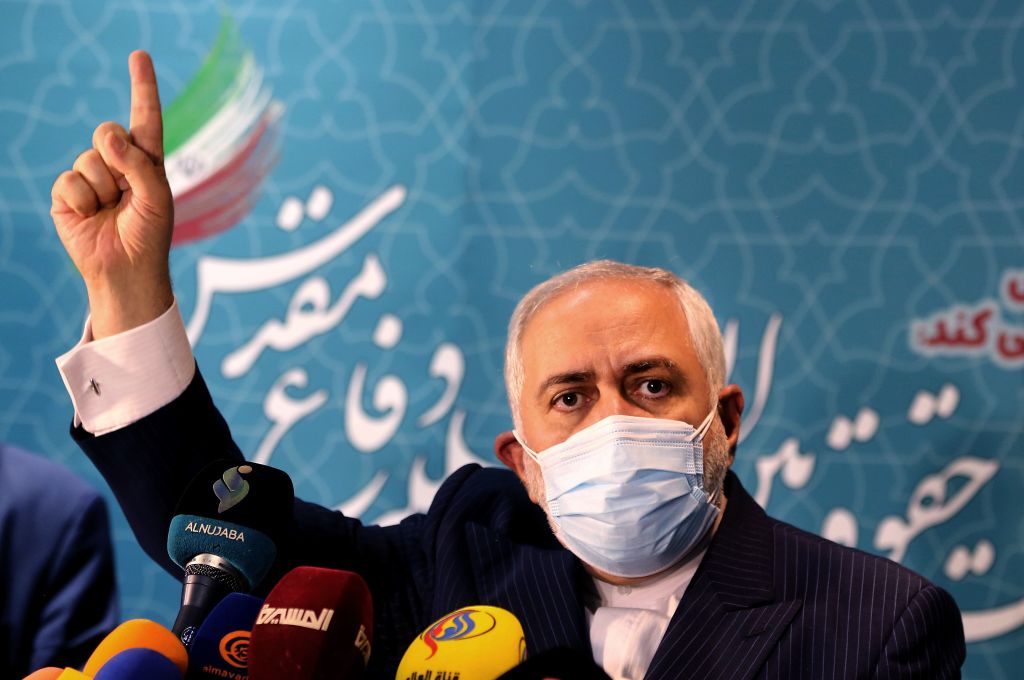 Suspected Israeli cyberattack on Iranian nuclear site complicates U.S.-Iran nuclear deal talks
Suspected Israeli cyberattack on Iranian nuclear site complicates U.S.-Iran nuclear deal talksSpeed Read
-
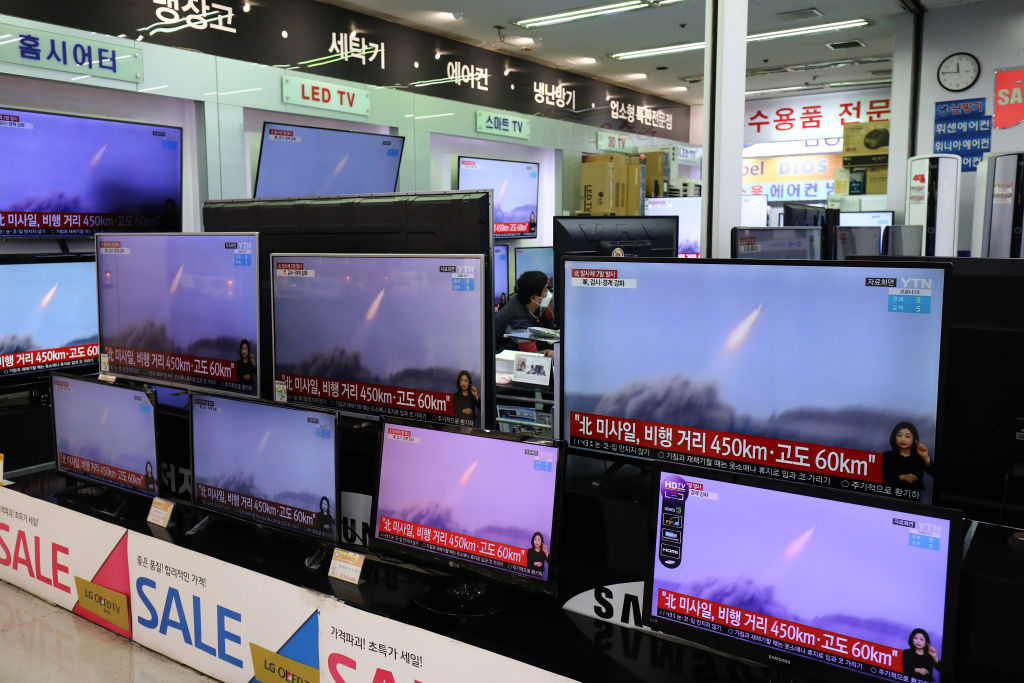 North Korea fires 2 ballistic missiles into sea
North Korea fires 2 ballistic missiles into seaSpeed Read
-
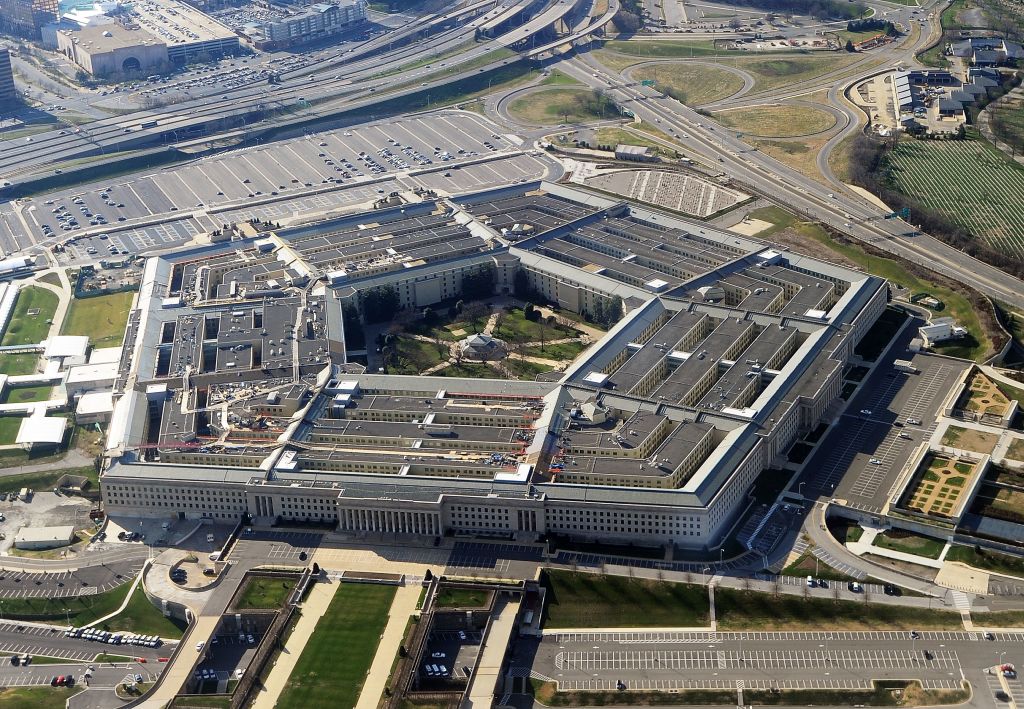 U.S. airstrikes target Iranian-backed militia facilities in Syria
U.S. airstrikes target Iranian-backed militia facilities in SyriaSpeed Read
-
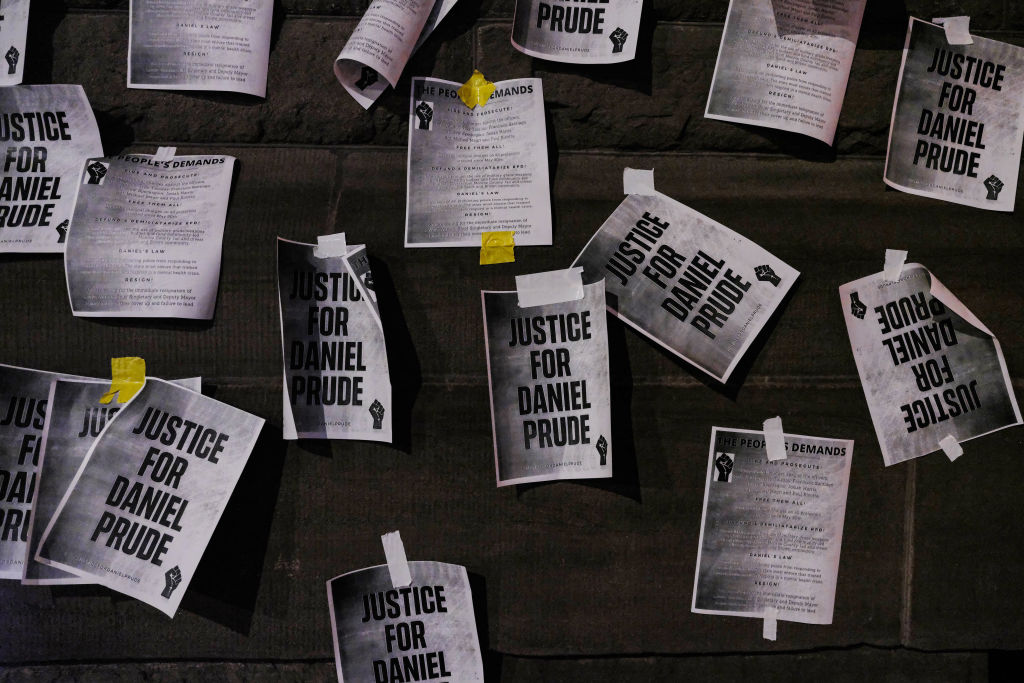 Rochester police who killed Daniel Prude during mental health crisis won't face charges
Rochester police who killed Daniel Prude during mental health crisis won't face chargesSpeed Read
-
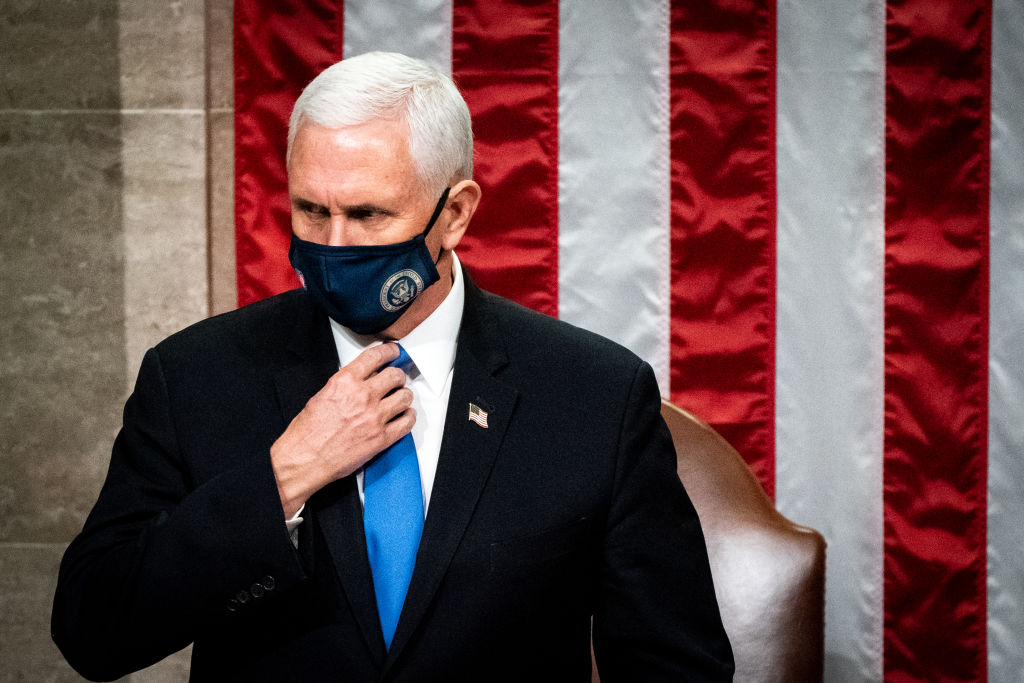 Mike Pence's 'nuclear football' was also apparently at risk during the Capitol siege
Mike Pence's 'nuclear football' was also apparently at risk during the Capitol siegeSpeed Read
-
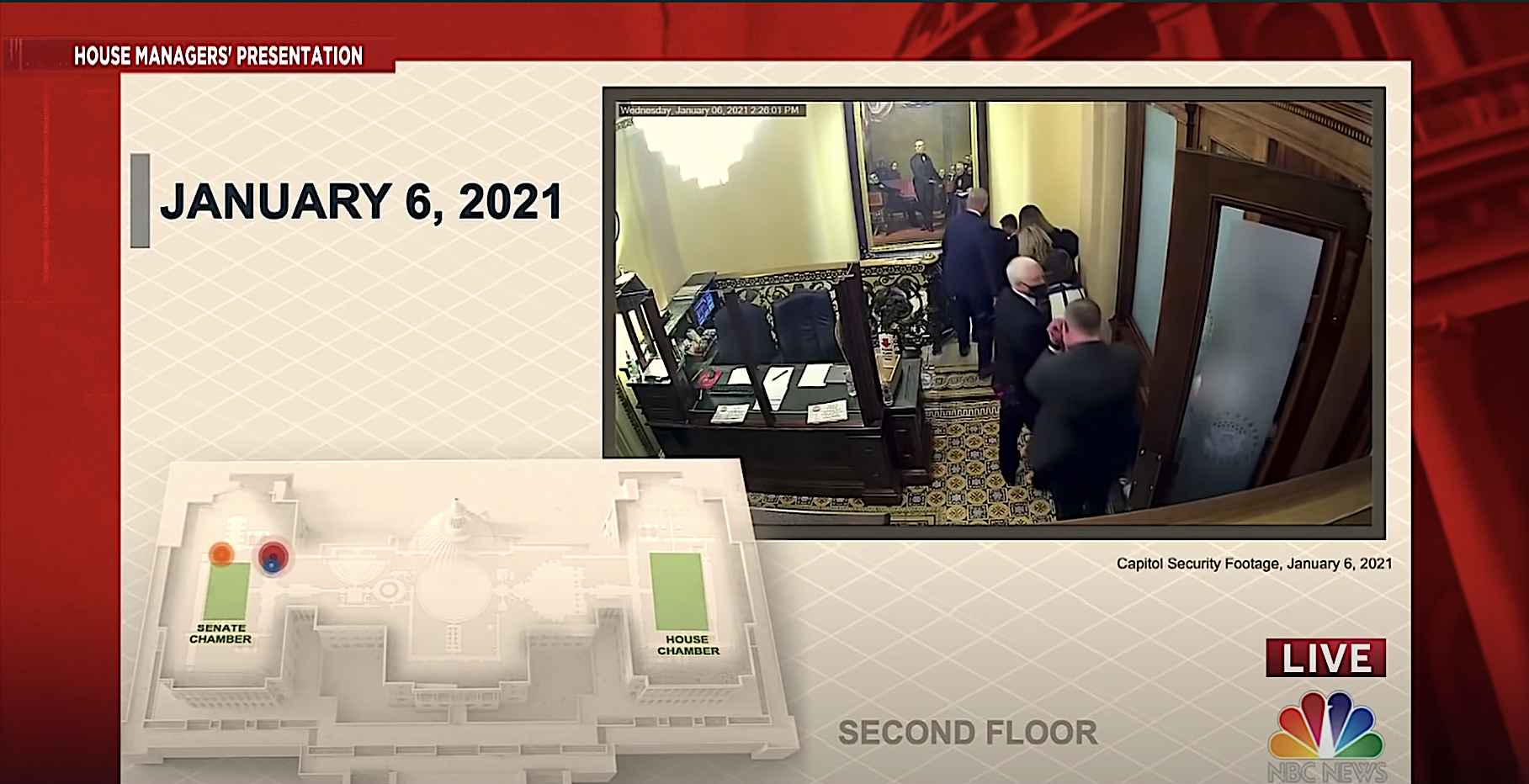 Trump publicly attacked Pence during the Capitol riot knowing Pence was in trouble, GOP senator suggests
Trump publicly attacked Pence during the Capitol riot knowing Pence was in trouble, GOP senator suggestsSpeed Read
